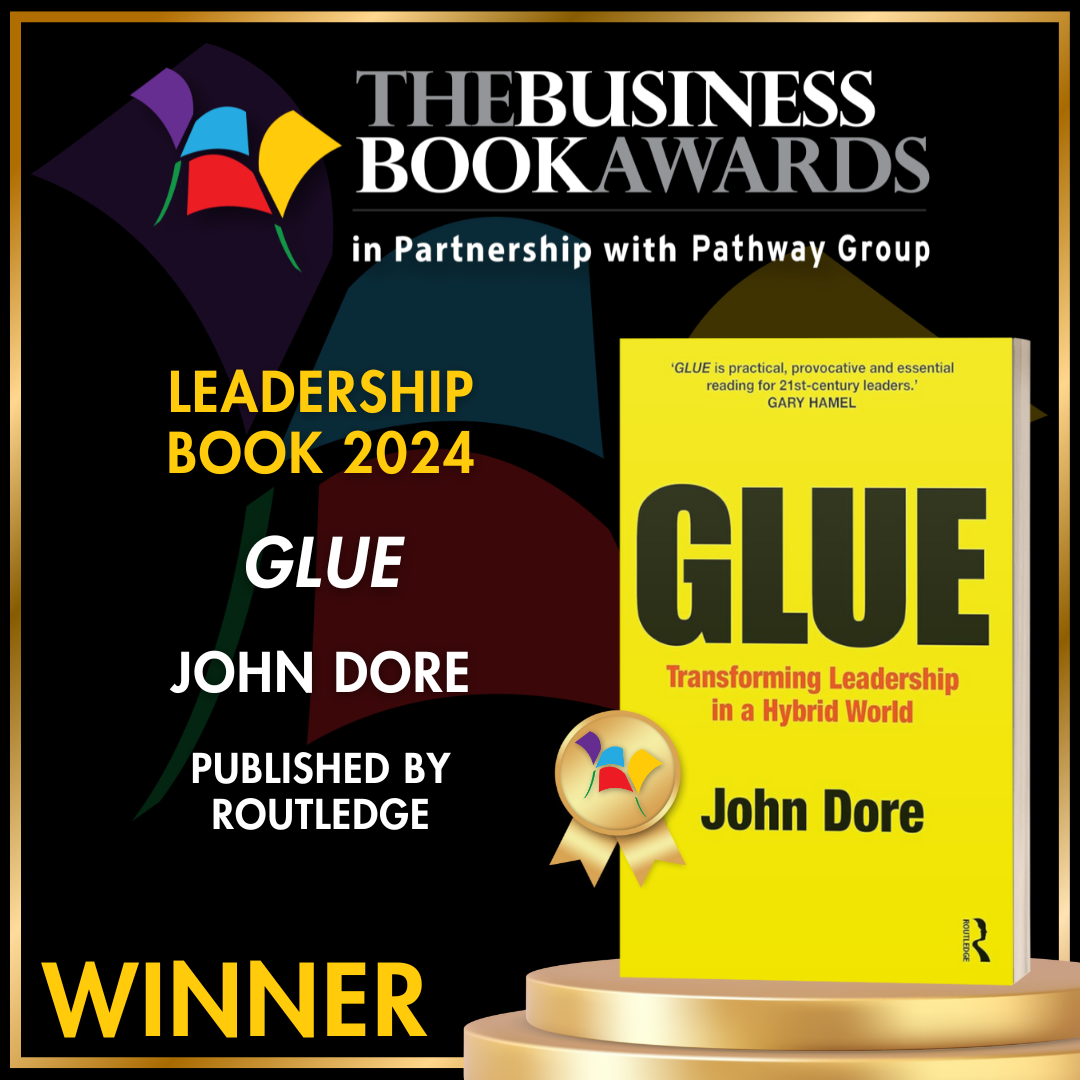Some Kind of Wonderful
/Just back from seeing Peter Gabriel's Back2Front concert at the 02. OK, seeing a Peter Gabriel gig is not quite in the category of 'guilty pleasures' yet, but the busy crowd was thoroughly pre-screened (not allowing anyone vaguely under 40 through the door) and the set was spaced and paced in a way that there were plenty of loo breaks. Peter Gabriel had Hamish Hamilton on site making a movie of the show, so much of the performance seemed to be played with the Blu-Ray release in mind, more than the old-dears down the front waiting for Shock The Monkey. Unfortunately, Mercy Street was ruined by Gabriel on his back, cowered in pain, being persecuted by a dozen 3D cameras. Still, at least he played some hits stood up and the best moments were stunningly played (with the original line up who played 'So' 25 years ago) and the gig ended wonderfully with In Your Eyes.
Apparently when Gabriel played the show in Los Angeles, John Cusack made a cameo appearance, coming on stage to reprise his 'boom box' above the head routine from the Cameron Crowe move Say Anything. It's the memorable scene in an OK movie and one of the best fusions ever of great soundtrack in lieu of wordy script. Cusack stands in the yard and lets Ione Skye's character know everything she ever needs to know about how he feels, without, ahem, saying anything. Crowe went on to make some good films, and in Jeremy Maguire a really great movie, packed full of memorable characters and lines ['you complete me,' 'show me the money', 'you had me at hello'] and a rare likeable performance from Tom Cruise. But Say Anything for me is less remembered as a Cameron Crowe film than as a close cousin of a whole series of 1980s 'rites of passage' movies like The Breakfast Club, Pretty in Pink, Some King of Wonderful and, of course, Ferris Bueller's Day Off. Those John Hughes movies are rooted deep in the psyche and loved to this day. Wonderful interwoven stories of just how awfully tough it was to be a middle-class kid from a decent neighbourhood, with your whole life ahead of you, chasing down a date with Molly Ringwald, set to a soundtrack of The Psychedelic Furs and The March Violets. They just don't make them like they used to anymore.











